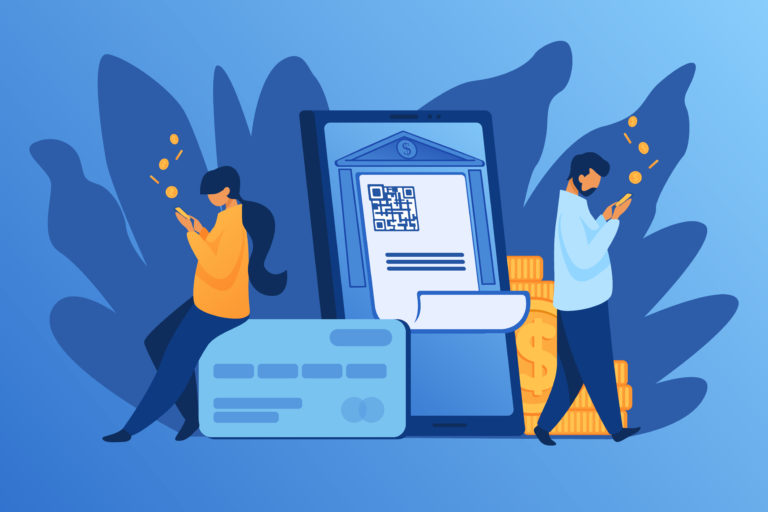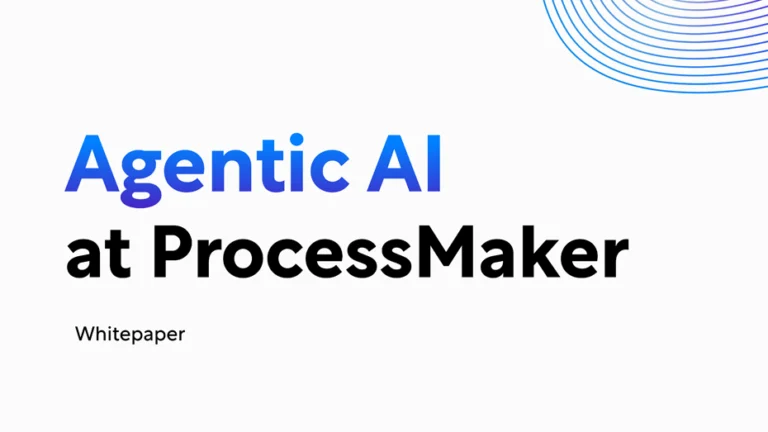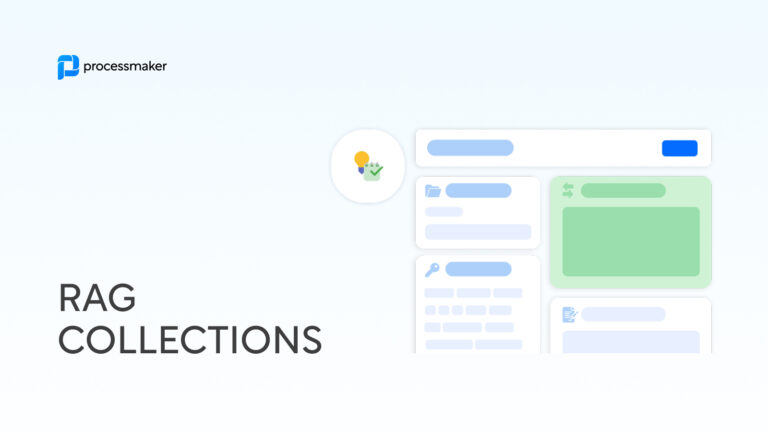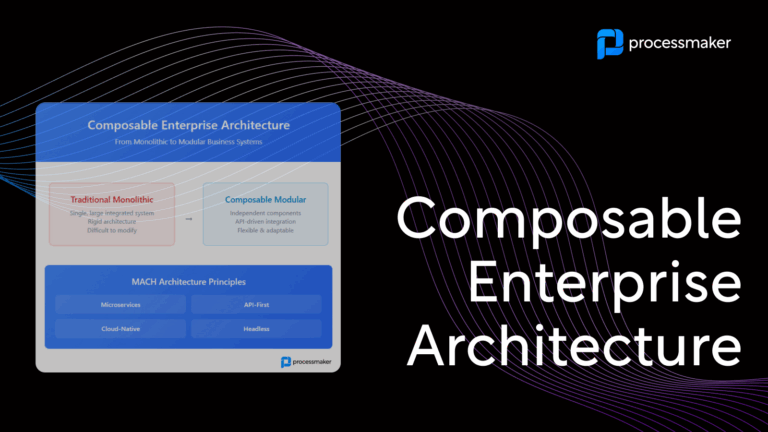API technology is continually evolving and enabling new opportunities to get more from commercial banks beyond standard services. Using open banking, third-party providers (TPPs) can offer various services that help make loans easier and payment options more convenient. In the U.K., regulations mandate banks to share data with authorized TPPs. In the U.S., banks still choose to share data with TPPs, but the trend seems likely to grow.
Why open banking trends matter
What is open banking? Open banking refers to a collaborative model where banking data is shared via APIs between two different banking institutions to deliver enhanced features to their target market. You can use APIs to convey billing details on bank portals and connect to payment networks such as American Express or Visa. APIs are also used to transfer balances.
Why does open banking matter? The opportunities are vast, from improving the customer experience to opening new sources of revenue and servicing underserved markets. For instance, Mint, Lending Club, Lenddo, Stripe, Braintree, and M-Shwari are all examples of open banking in use.
What are the implications of open banking?
With the open banking model, you can enhance service offerings for customers and providers. To illustrate, WeChat and AliPay use APIs to increase consumer personalization while offering a large variety of payment options and peer-to-peer. Open banking gives vendors the ability to expand and personalize services as never seen before in the market.
How does open banking work? Banks can share limited data on their customers called “thin files” that help to pool information between providers to advance shared banking goals and services. Angaza in Africa uses opening banking to increase accuracy around credit-underwriting decisions and risk-scoring.
Commercial open banking on the rise
HashCash: HashCash Consultants use a blockchain, proof-of-work system initially created by Adam Back in 1997. Black intended for his solution to prevent email spamming and DDoS attacks. Today, HashCash is well-known for its connection to Bitcoin and a sophisticated B2B blockchain platform. Further, Satoshi Nakamoto — credited as the creator of Bitcoin — shared that Back’s algorithm was the inspiration for Bitcoin’s mining function. “To implement a distributed timestamp server on a peer-to-peer basis, we will need to use a proof-of-work system similar to Adam Back’s Hashcash, rather than newspaper or Usenet posts.” The term HashCash comes from scanning for a value when hashed, and the hash begins with several zero bits. Deploy a single hash to verify proof-of-work. Today, HashCash Consultants has used open banking to partner with a USA-based bank to facilitate their corporate trade financing.
Xero: Xero, an SMB cloud accounting platform, is designed to automate bank reconciliation, invoices, payment tracking, cash flow analysis, and more. The company is working with South Africa’s Nedbank to offer SMB clients an API-driven bank feed to access financial data. With Xero, end users only need a browser and an Internet connection to access its features.
Citi: Citi is the first Volante Technologies customer to expedite Citi’s adoption of the ISO 20022 financial messaging standard to ensure SWIFT cross-border payments, AML monitoring, reporting, screening, sanctions screening, and instant payment rails. As such, Citi is using Volante’s VoIPay to build its core ISO 20022 migration solution. The solution was delayed by COVID-19, but expect its debut between 2023 and 2024.
How will open banking affect the consumer?
Open banking will put more pressure on banks to improve their current menu of services. Traditional banks can become more competitive with fintech and offer consumers more choice around money management, loan options, and payment plans.
Further, open banking will lead to an increase in third-party PFM tools. The addition of artificial intelligence enables predictive solutions with relevant product suggestions that save the customer money.
You can also expect the streamlining of new loans, loan refinancing, and business loans. Consumers are in the driver’s seat with open banking, and they can determine what date lenders can access to send them the best offers. Instead of pulling and reviewing your books, lenders can pull the data directly from your accounting systems, based on the access you permit.
Consumers can also expect to see new payment methods like Venmo or PayPal, but more convenient and with potentially lower processing costs.
Final thought
Open banking is going to become mainstream, similar to Open Everything. The next step for banks is to determine how they intend to participate.





